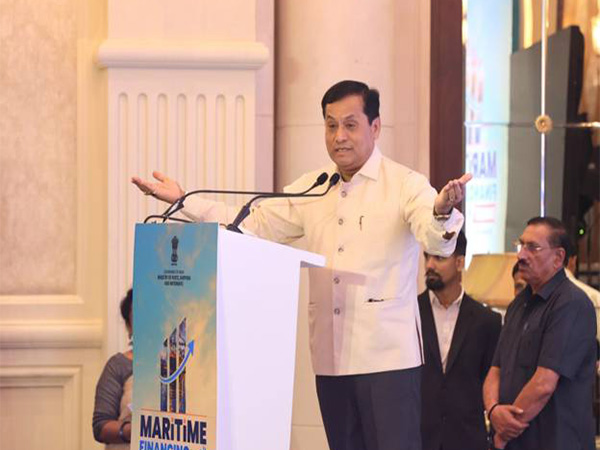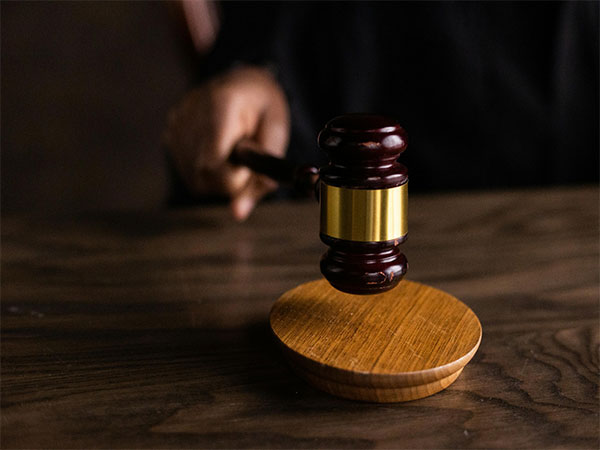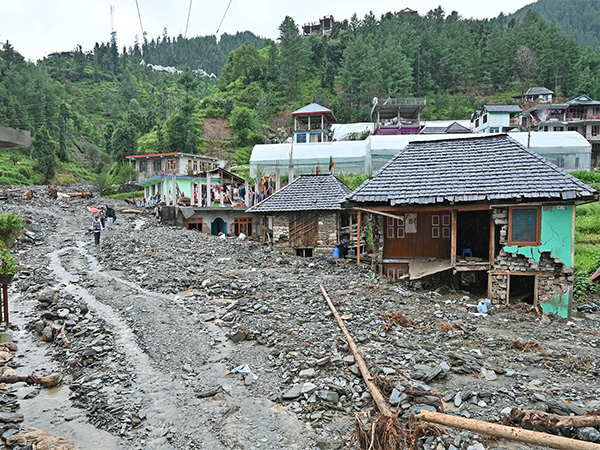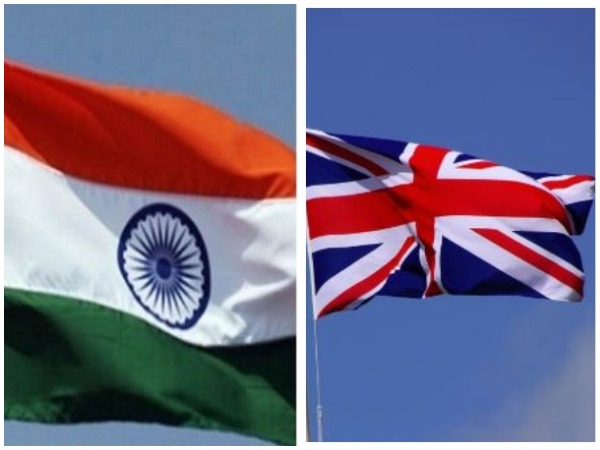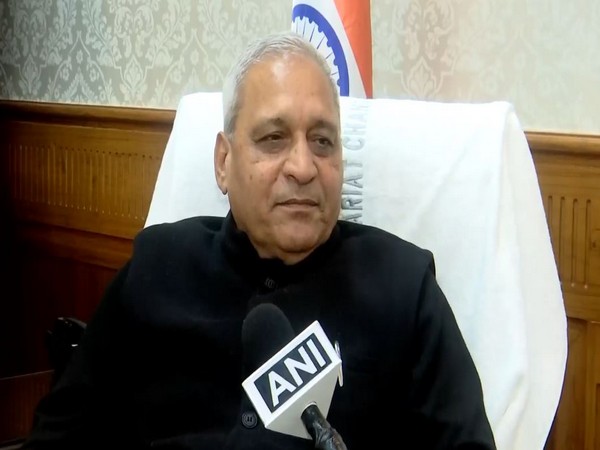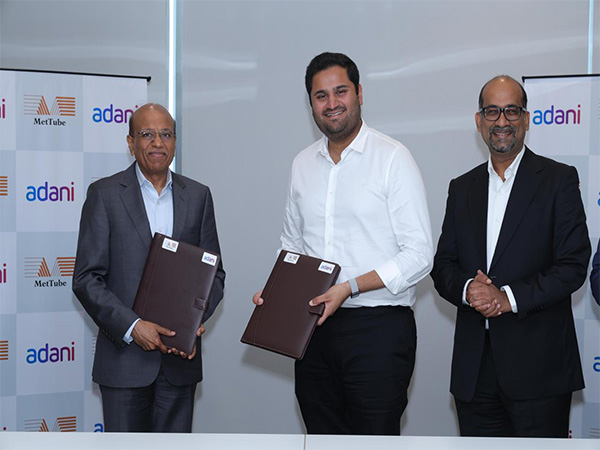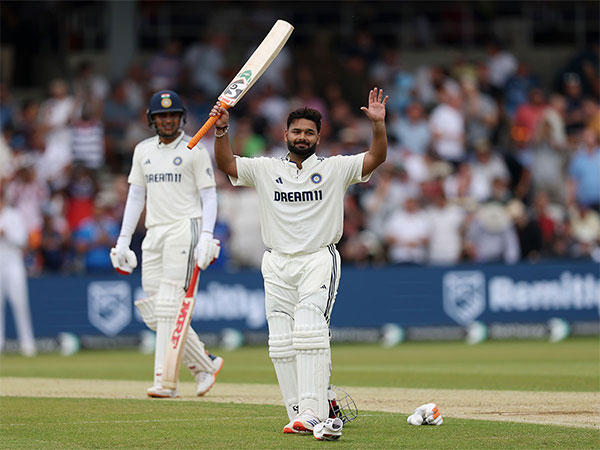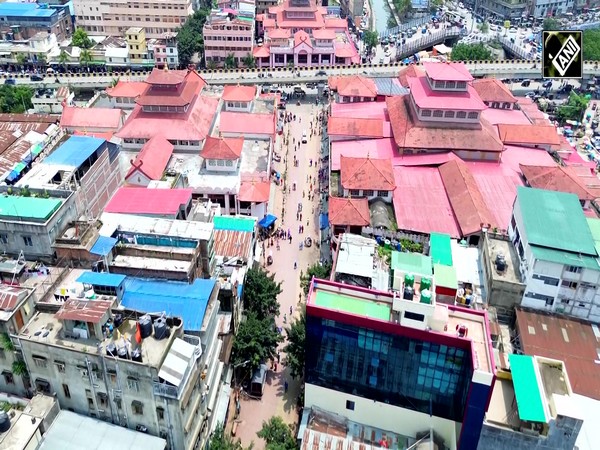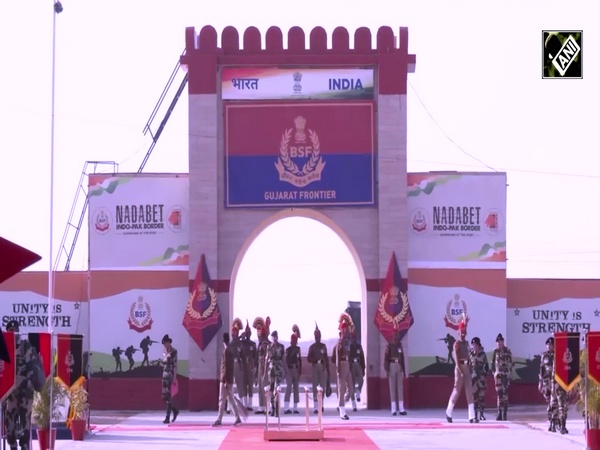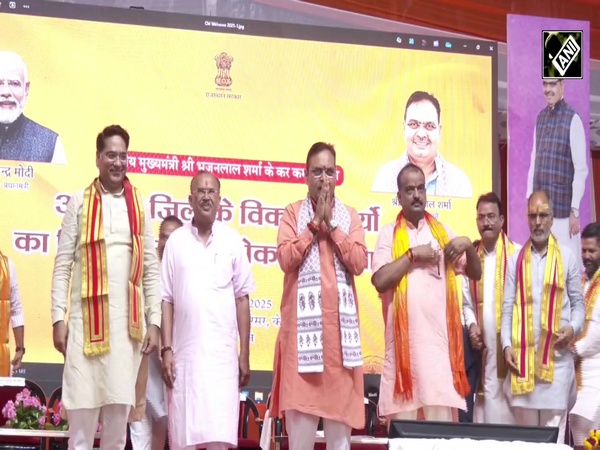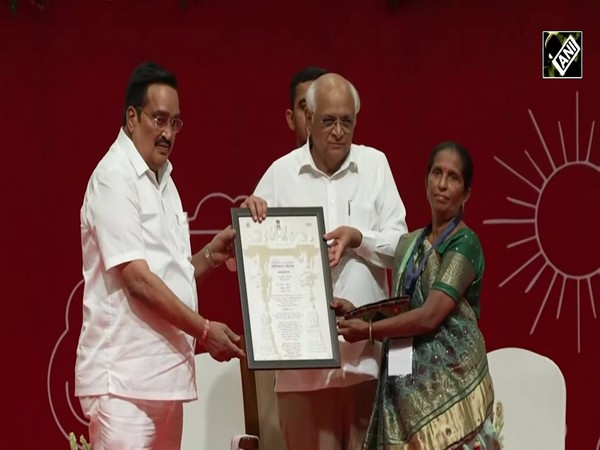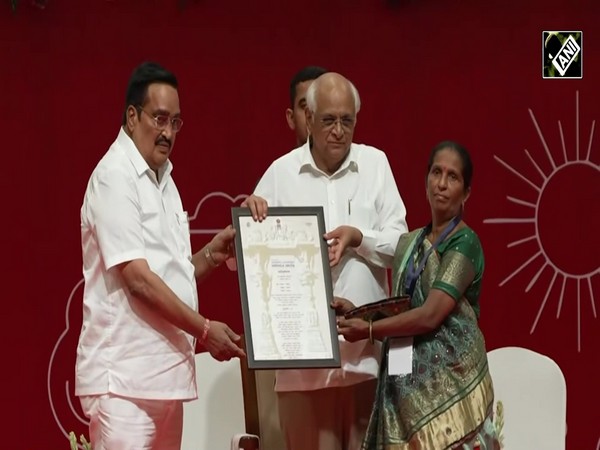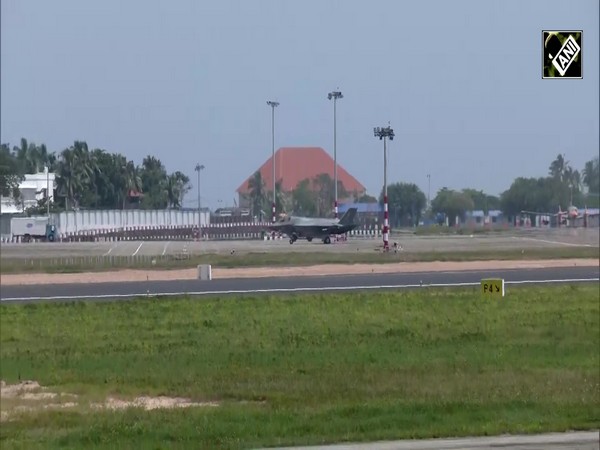PIL in Delhi HC seeks Madrasas, Vedic pathshalas to be brought within ambit of RTE Act
Feb 14, 2022

By Sushil Batra
New Delhi [India], February 14 : A Public Interest Litigation (PIL) has been moved in the Delhi High Court challenging the provision of the Right to Education Act 2009 and seeking direction to bring Madrasas and Vedic Pathshalas within the ambit of the Act.
The plea stated that Section 1(4) and 1(5) deprive educational excellence to Madrasas, Vedic Pathshalas and educational institutions imparting religious instruction and has sought direction to declare the related sections of the Right to Education Act 2009 as arbitrary irrational and violative of Articles 14, 15, 16, 21, 21A of the Constitution.
The petition has been moved by Ashwini Upadhyay, in the Delhi High Court after Supreme Court refused to hear the matter and advised the petitioner to approach the high court.
The top court had said, "We are of the opinion that the petitioner should approach the High Court by filing a petition under Article 226 of the Constitution of India raising all points that are urged in this writ petition. The petitioner seeks and is permitted to withdraw this writ petition and approach the High Court. We make it clear that we have not expressed any opinion on the merits of the case."
The petitioner submitted that compulsory education which mandates every child to attend school but lacks in providing an effective common curriculum is worse than providing no education at all. "The Hallmark of the compulsory education system is syllabus and curriculum which must be equally and uniformly applied across the board, so as to ensure conditions, in which each child are placed on an equal playing field, competent to take on the challenges of real-world and empowered to avail the opportunities which life offers in its myriad circumstances, equally," stated the petition.
The plea further added that the Right of children should not be restricted to only free and compulsory education but must be extended to equal quality education without discrimination on social-economic religious-cultural background thus common syllabus and curriculum is essential for all the children.
The petitioner submitted that common and compulsory education up to 14 years would achieve a code of common culture, removal of disparity and depletion of discriminatory values in human relations. It would also enhance virtues and improve quality of life, elevate the thoughts, which advance constitutional philosophy of equal society.
"The introduction of a common syllabus-common curriculum would enable every child to be placed on a level playing field for challenges of future and meaningfully contribute in achieving the great golden goals as set out in Preamble, particularly fraternity dignity unity & national integration. Democracy depends on education so dissemination of learning with the search for new knowledge must be maintained. The golden goals of the Preamble can't be achieved without nullifying S.1(4) & 1(5) and providing common education to all children. Our Children are not only future citizens but also future flag bearers of India and primary education connotes whole course of scholastic instruction, which a child has received," the plea read.

